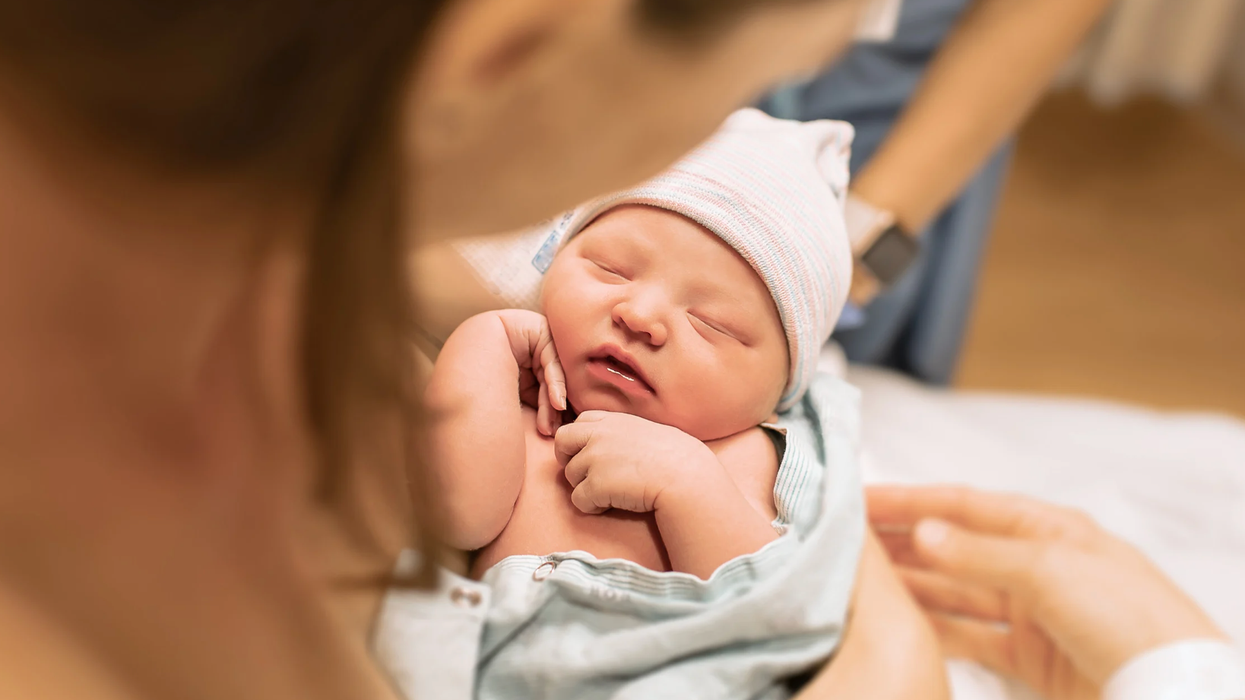On a recent flight to Hawaii, a woman to my right turned to the passenger next to her and loudly protested him using his iPhone while we were still in the air, a big no-no if the in-flight warnings were to be believed. "Relax," he told her, literally shouldering her hand away. "It doesn't matter." As someone who's turned on my cellphone while still airborne, I agreed with him, and thought the woman was just being an annoying scold. According to a new confidential report obtained by ABC News, however, it turns out that that woman had every right to be upset.
The report was from the International Air Transport Association, a trade group that represents more than 200 passenger and cargo airlines. Among other things, the document says that from 2003 to 2009, airline pilots or flight crews reported 75 incidents of possible electronic interference they attributed to cellphone usage or other personal electronic devices (though cellphones were linked a full 40 percent of the time). The interference wasn't some dinky "check engine" light, either. Twenty-six of the incidents in the report affected the flight controls, including the autopilot and landing gear, while 32 others affected either the navigation or communication systems. Boeing's Dave Carson, the co-chair of a federal advisory committee that looked into electronic interference on planes, told ABC that cellphones and similar devices can be surprisingly effective disruptors of sensitive equipment scattered throughout the plane.
The IATA says it can't be certain that personal electronics caused all the reports of interference, but as long as the jury's still out, you should probably hold off on fiddling with your phone while still in the air. Your life is more precious than your next Twitter update.















 Otis knew before they did.
Otis knew before they did.